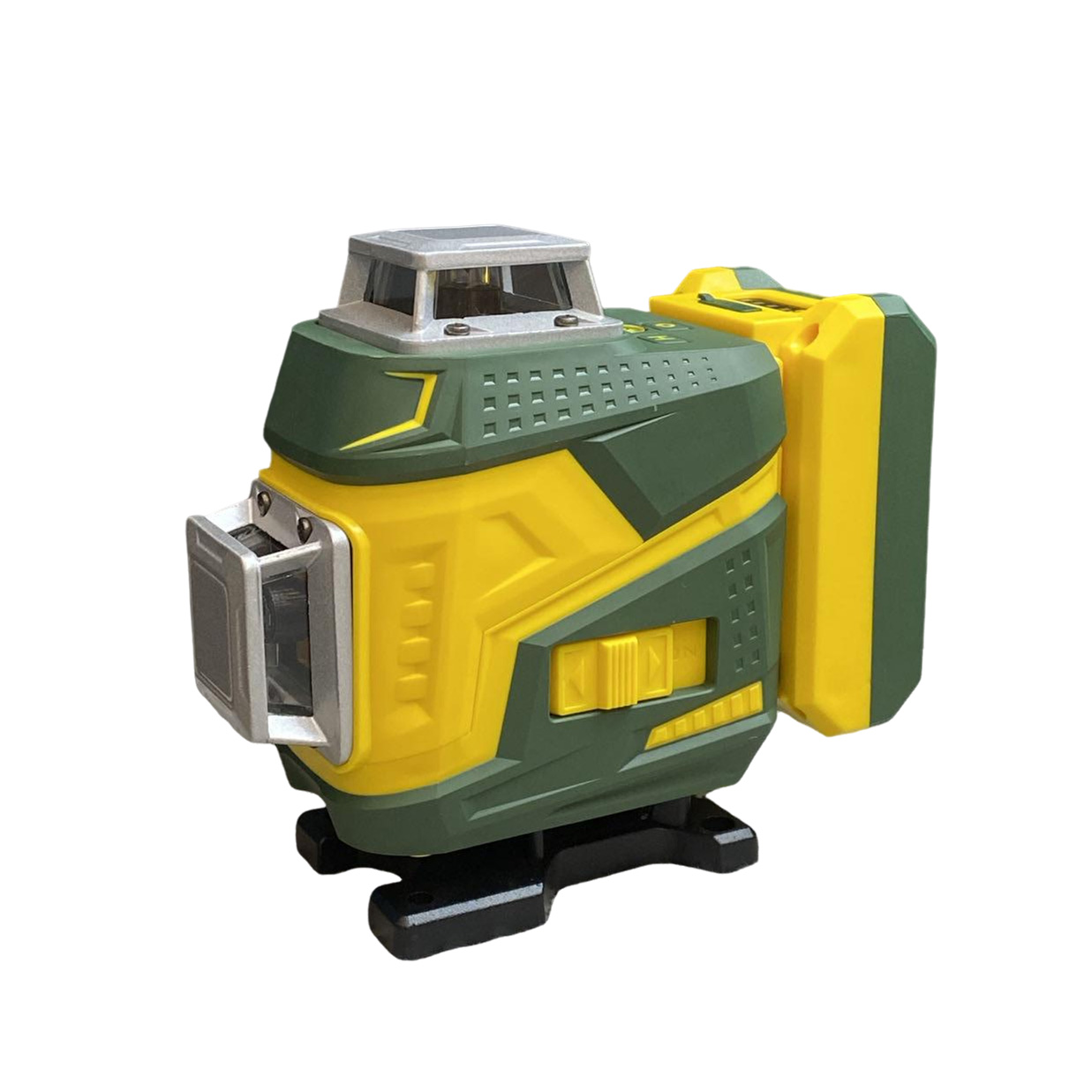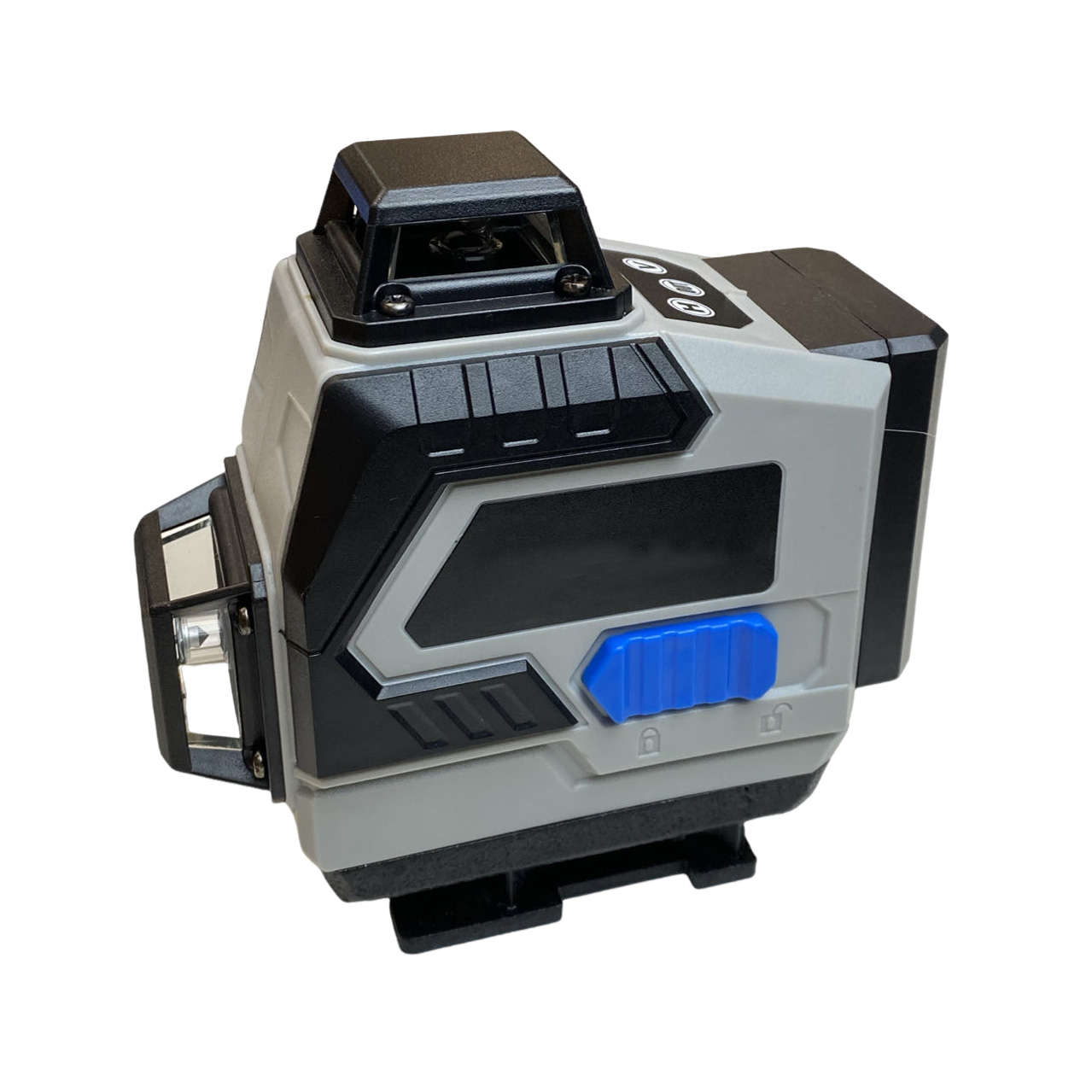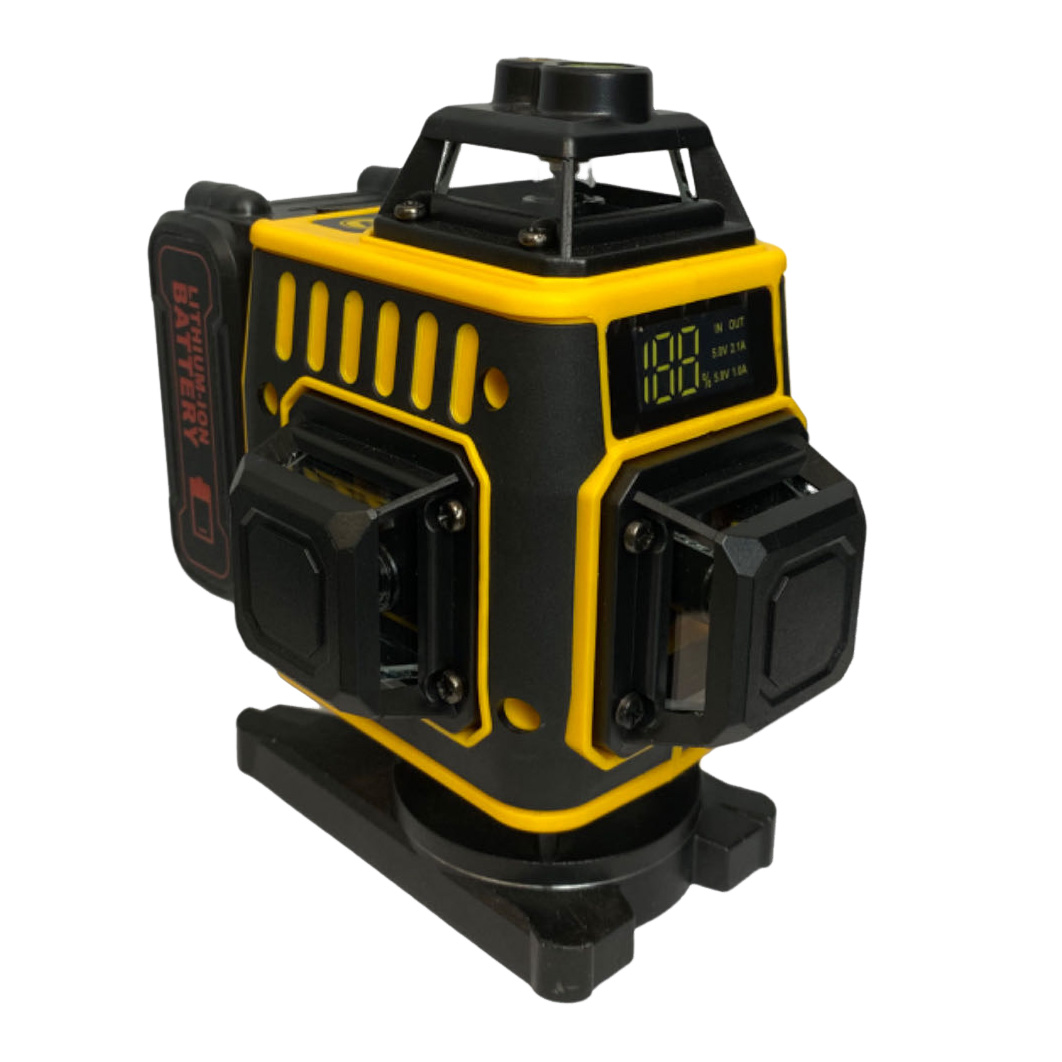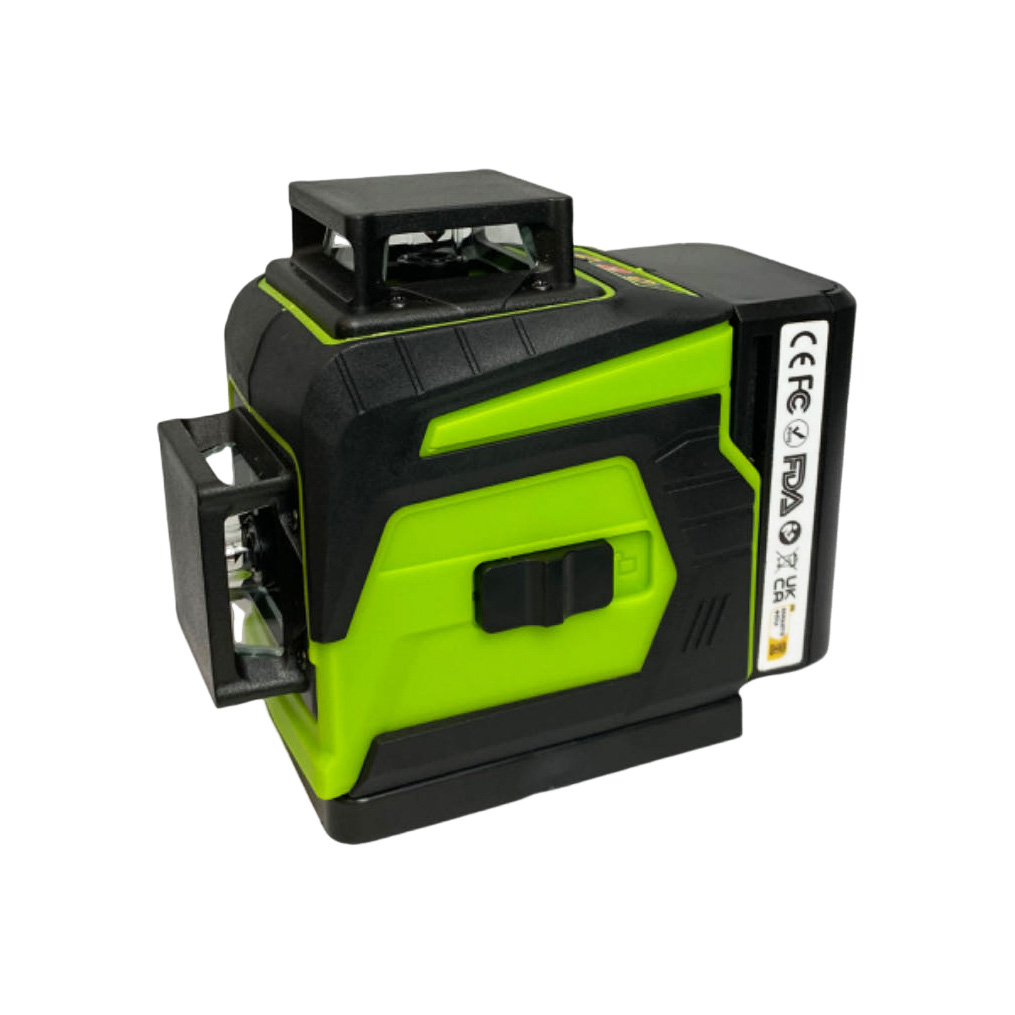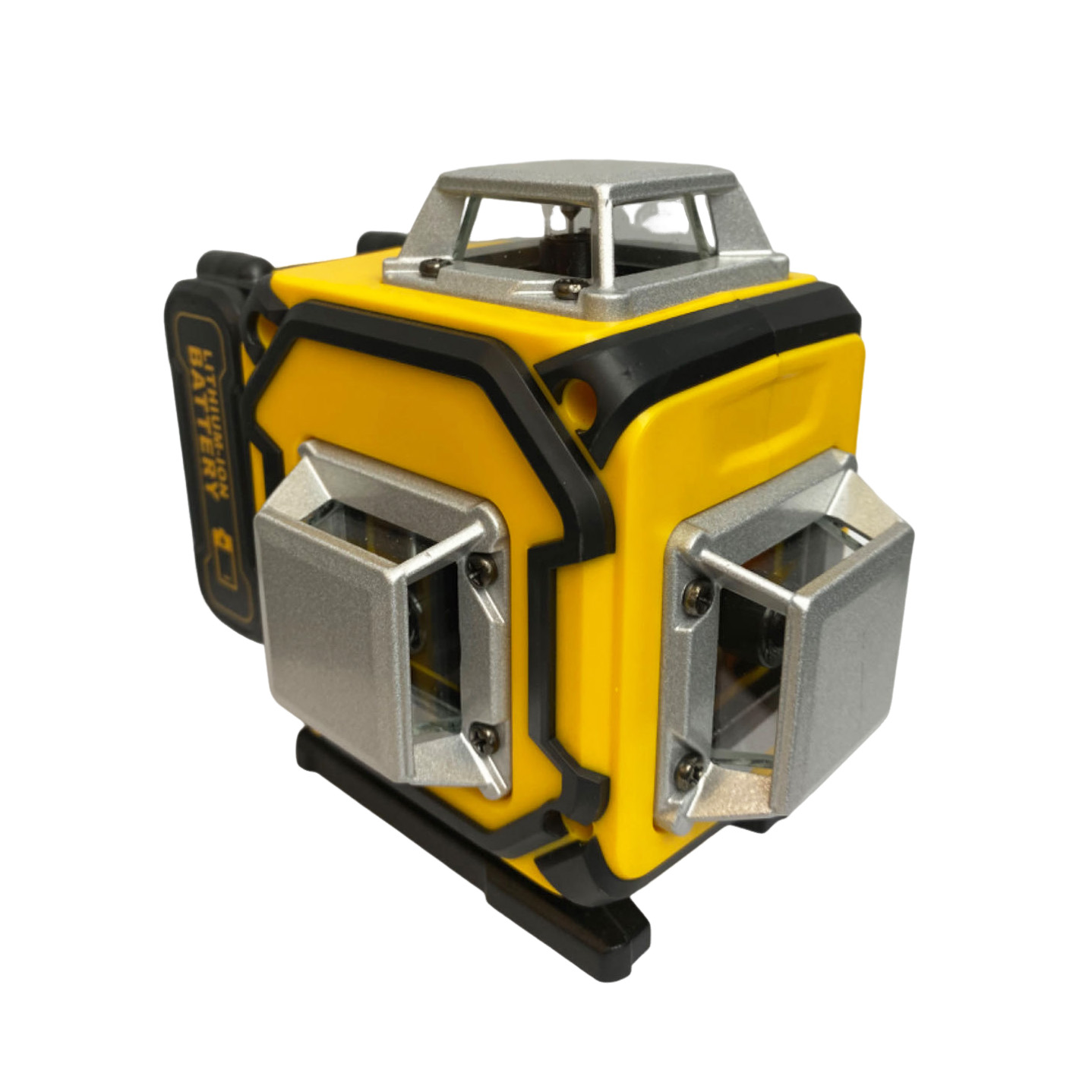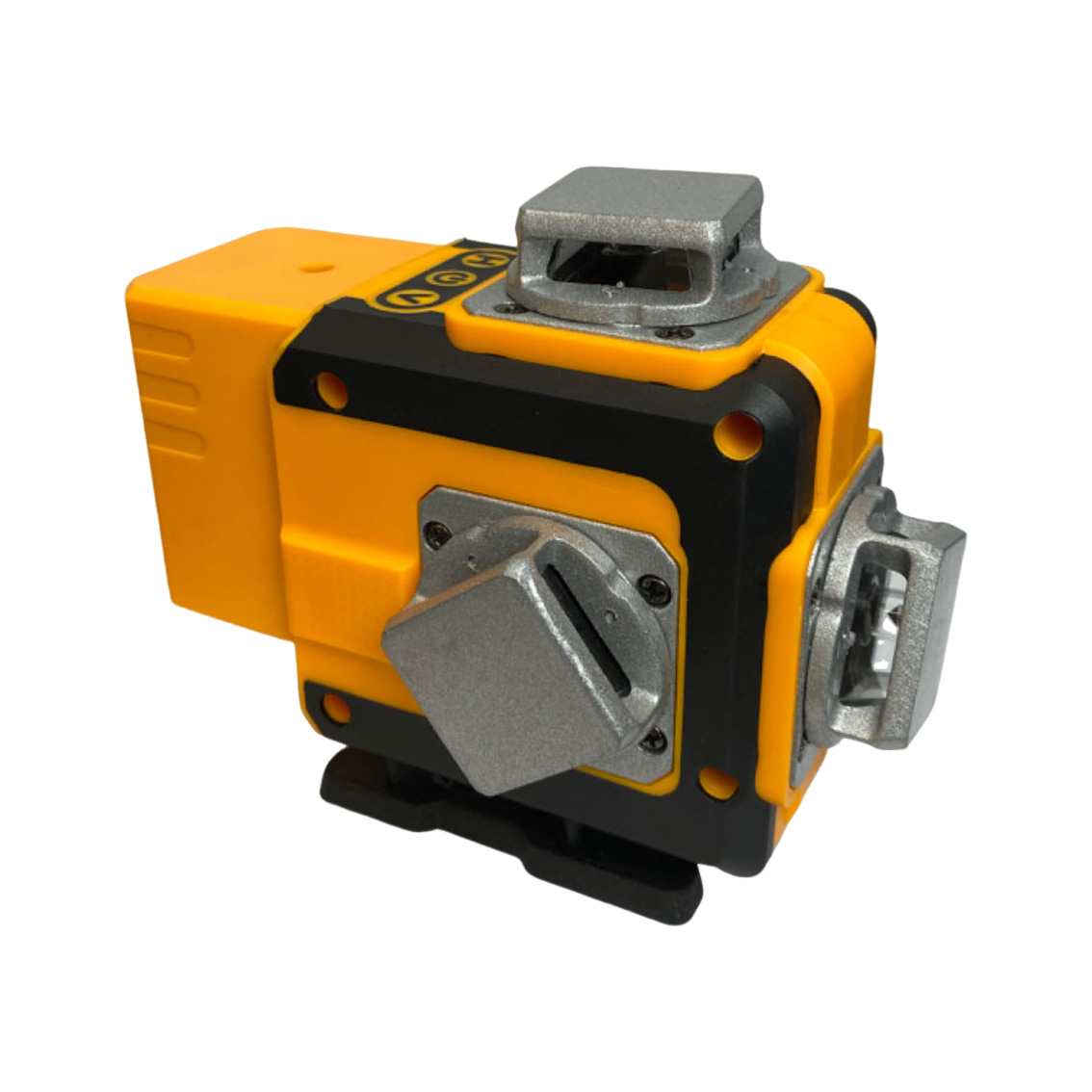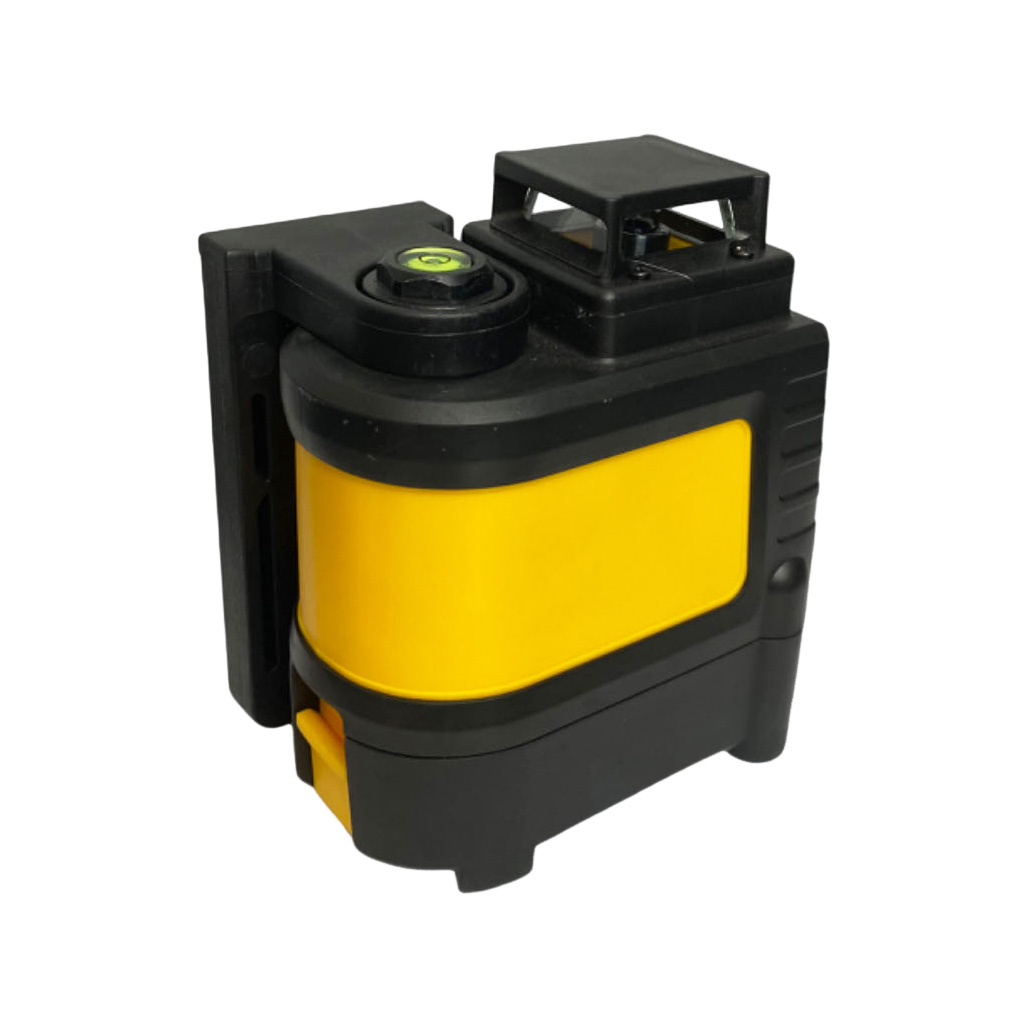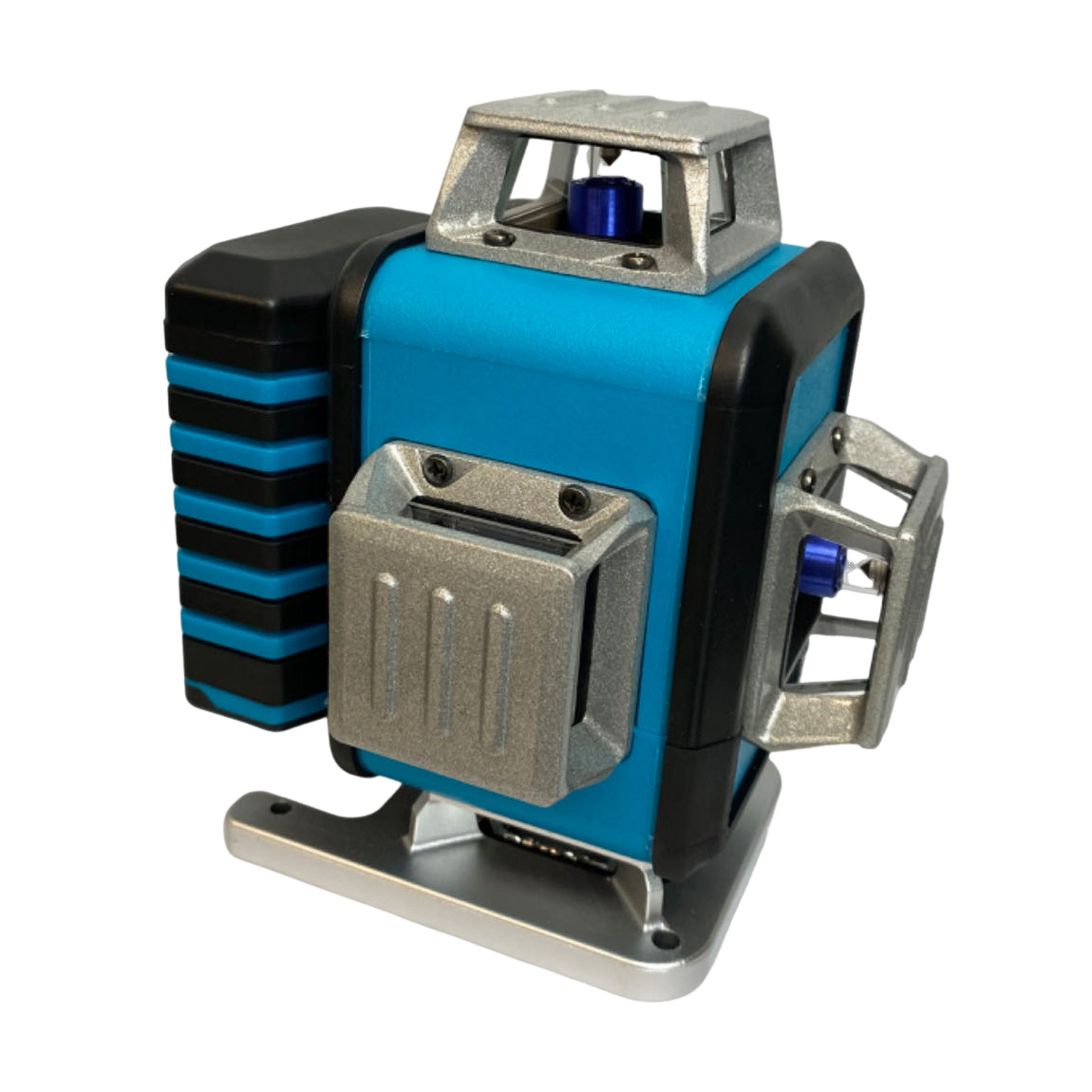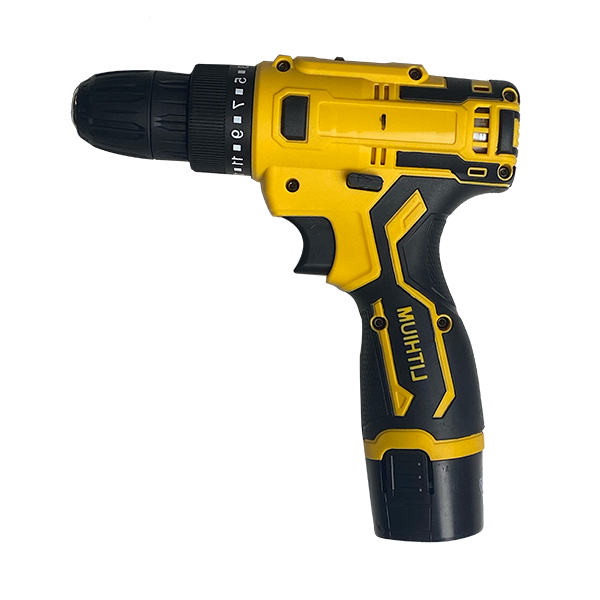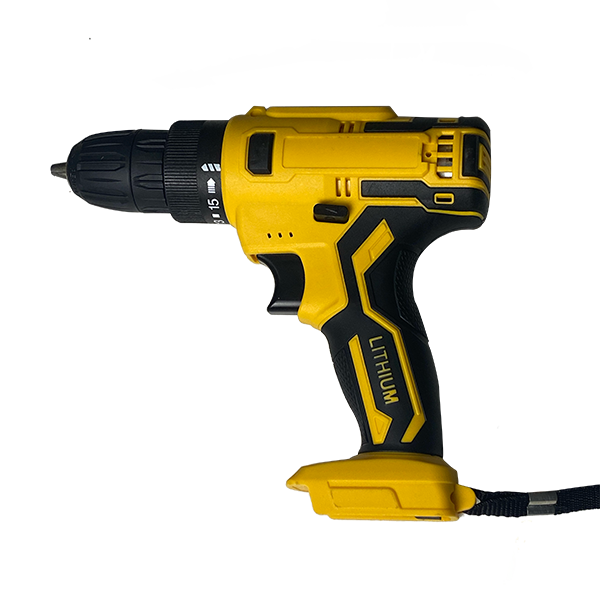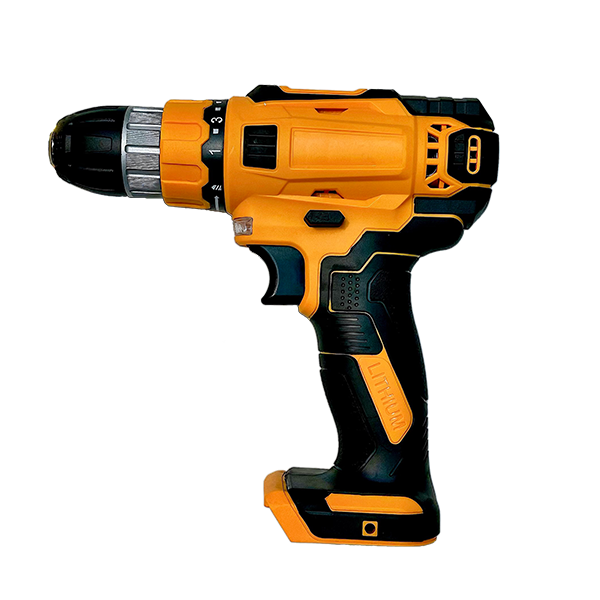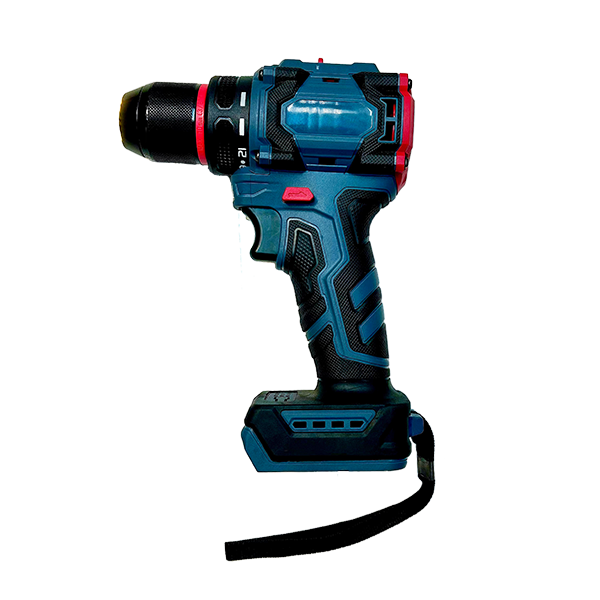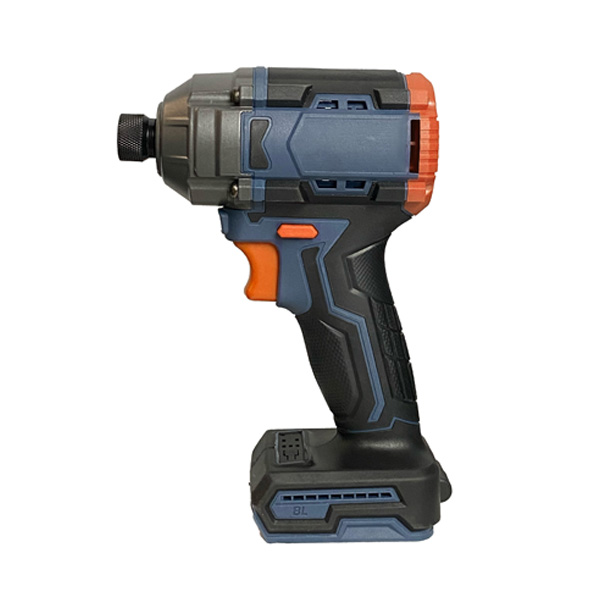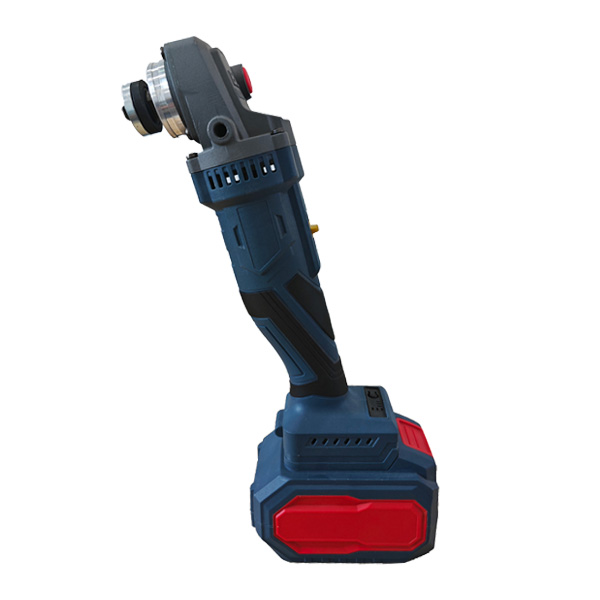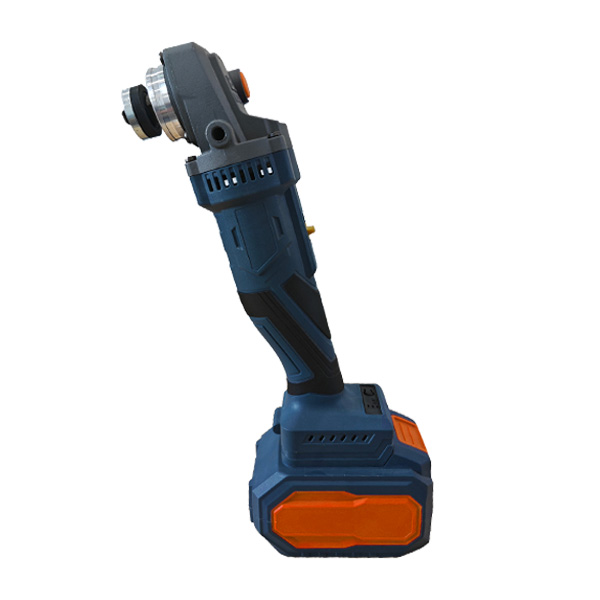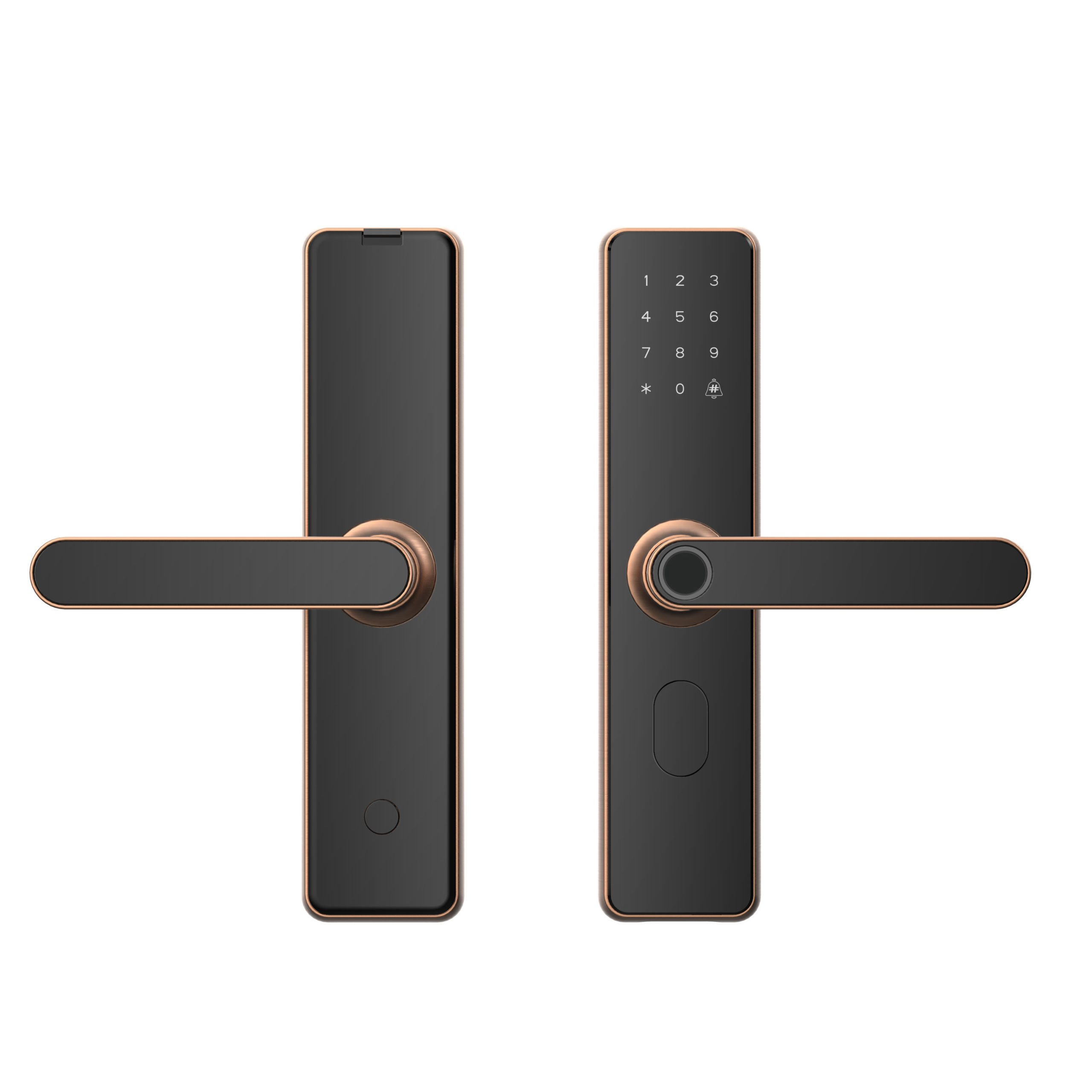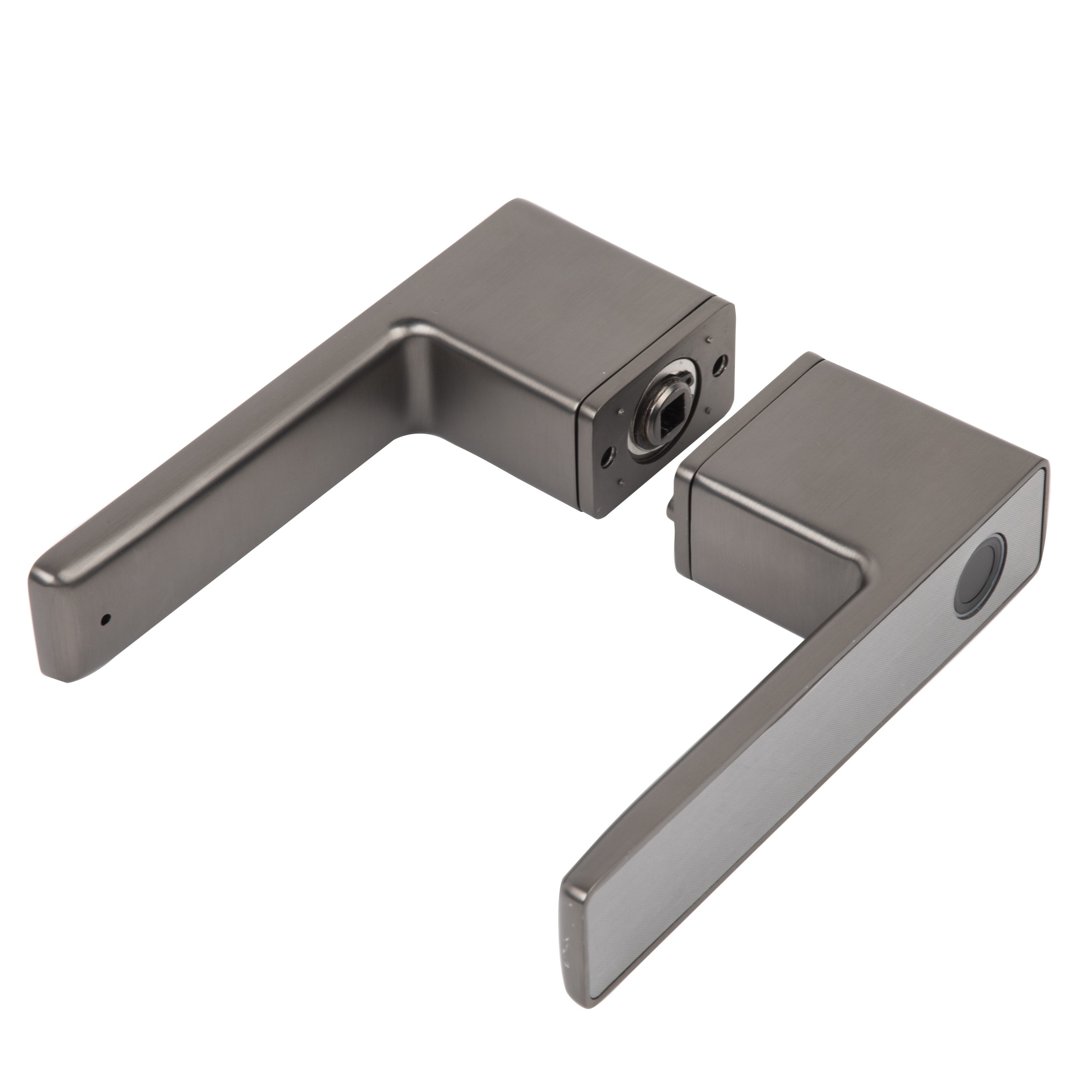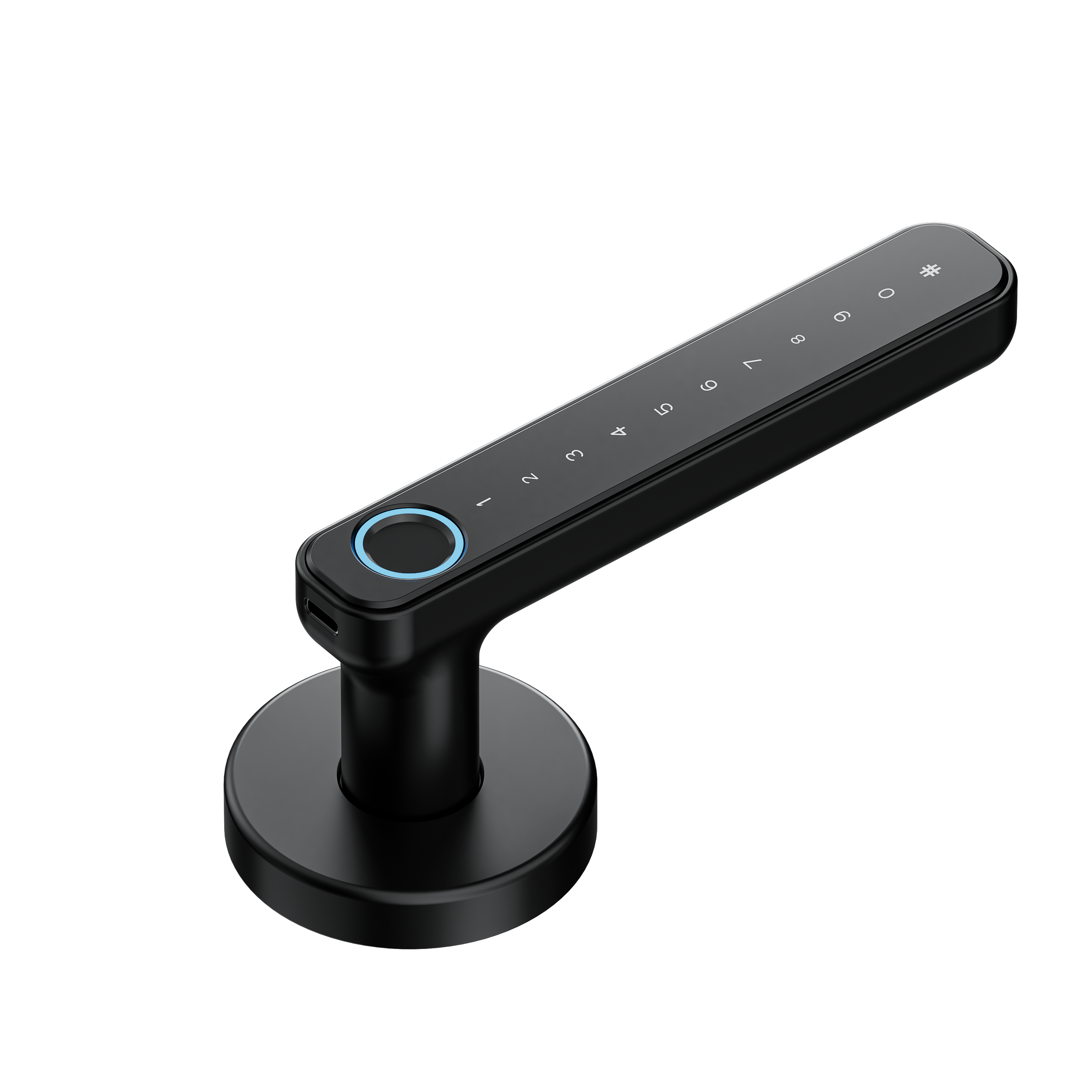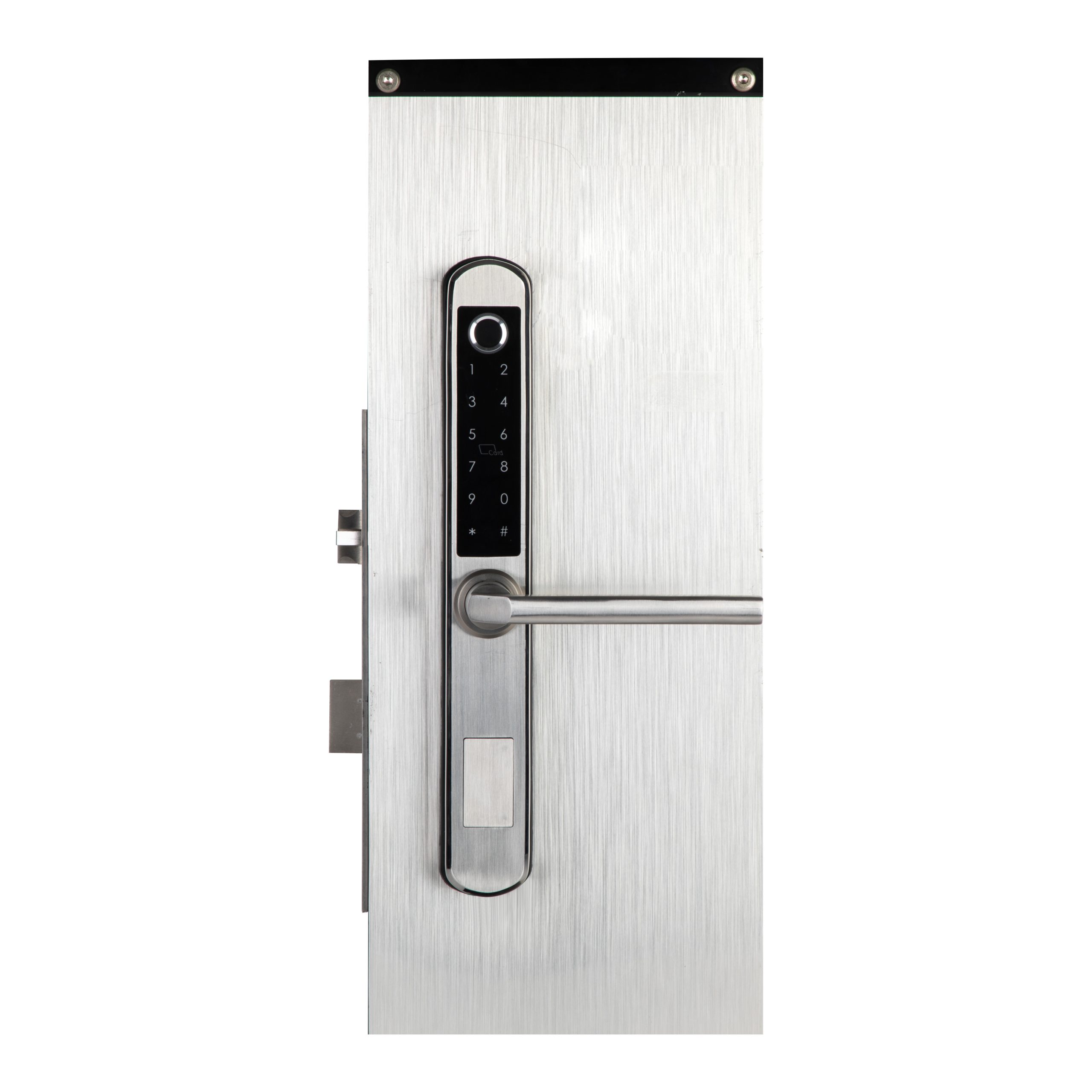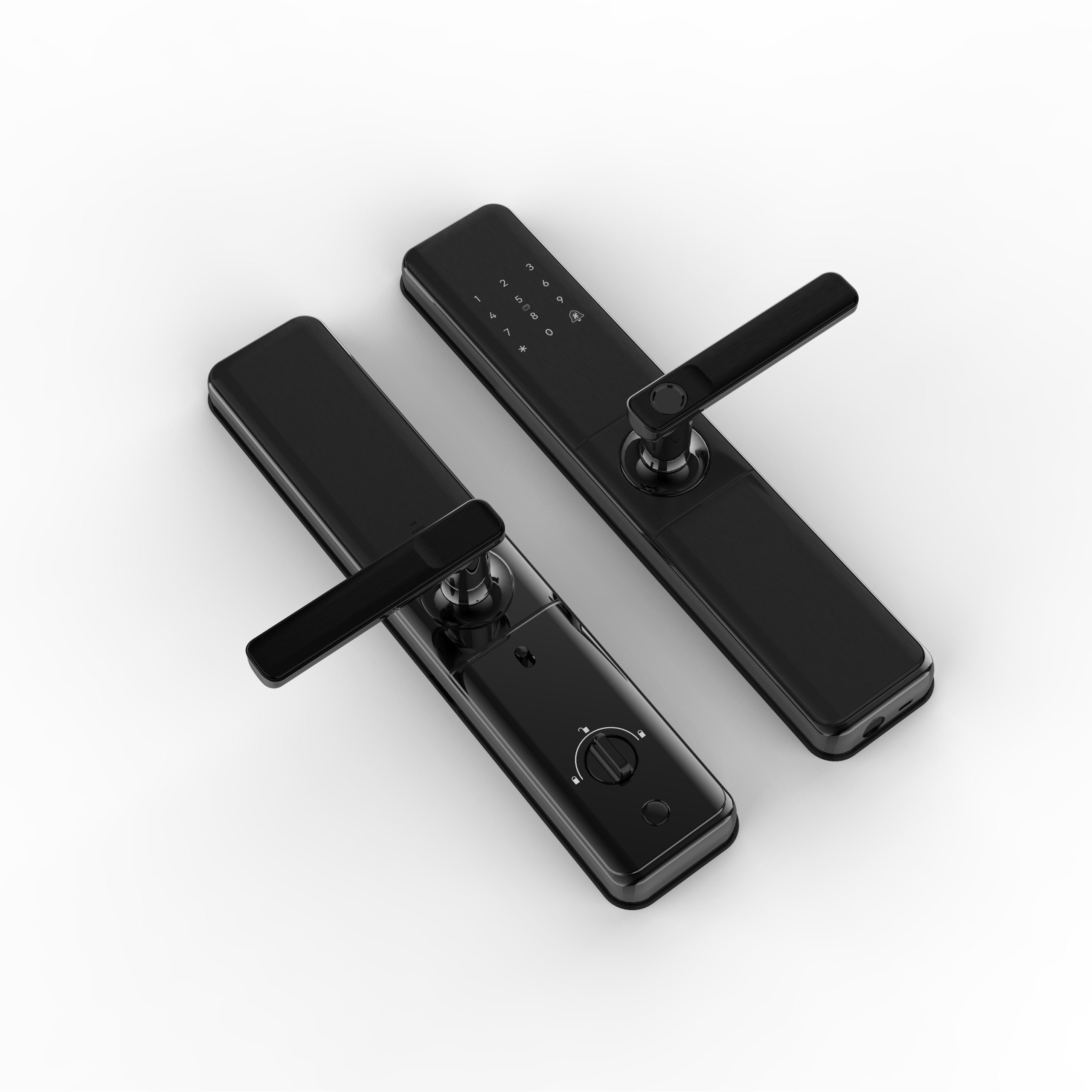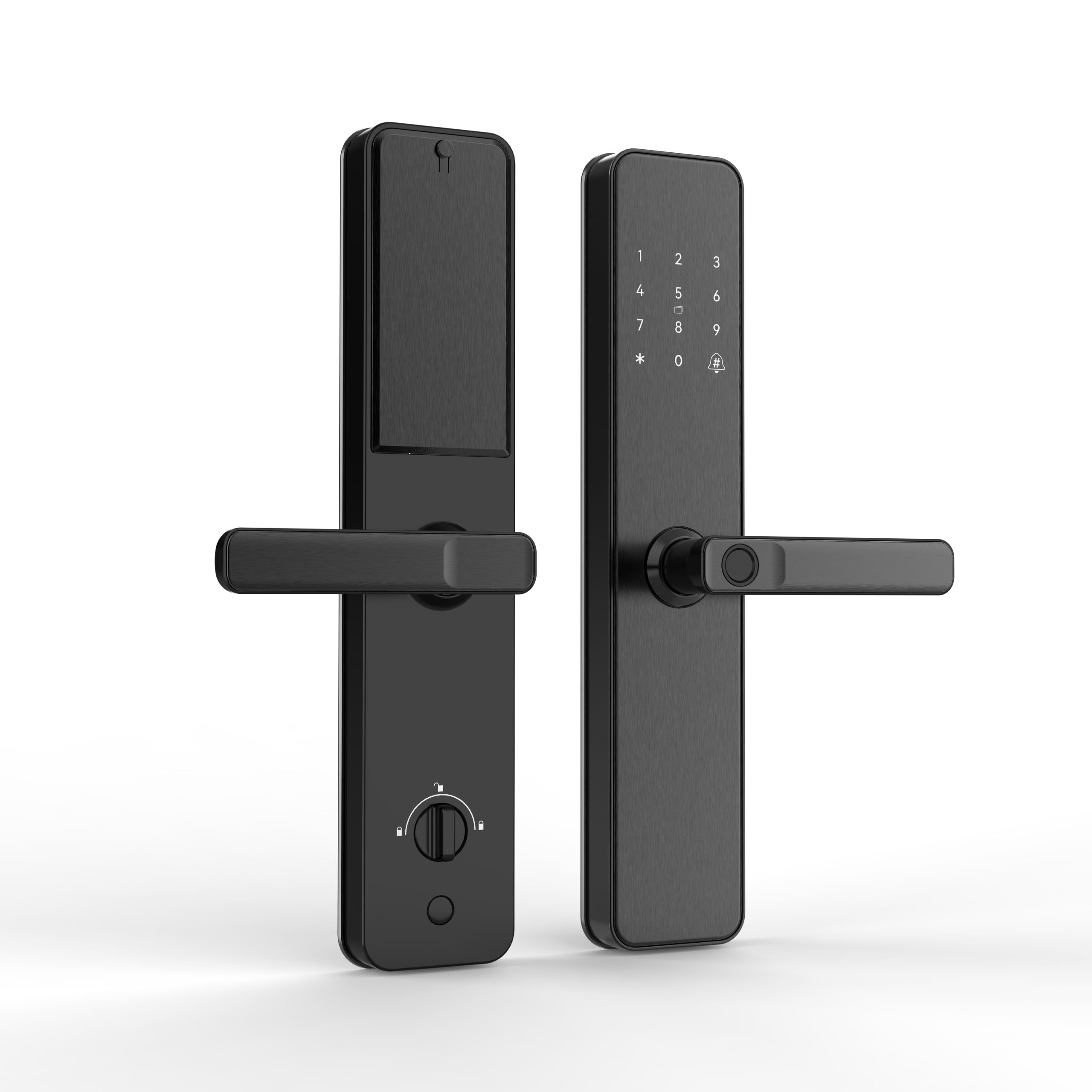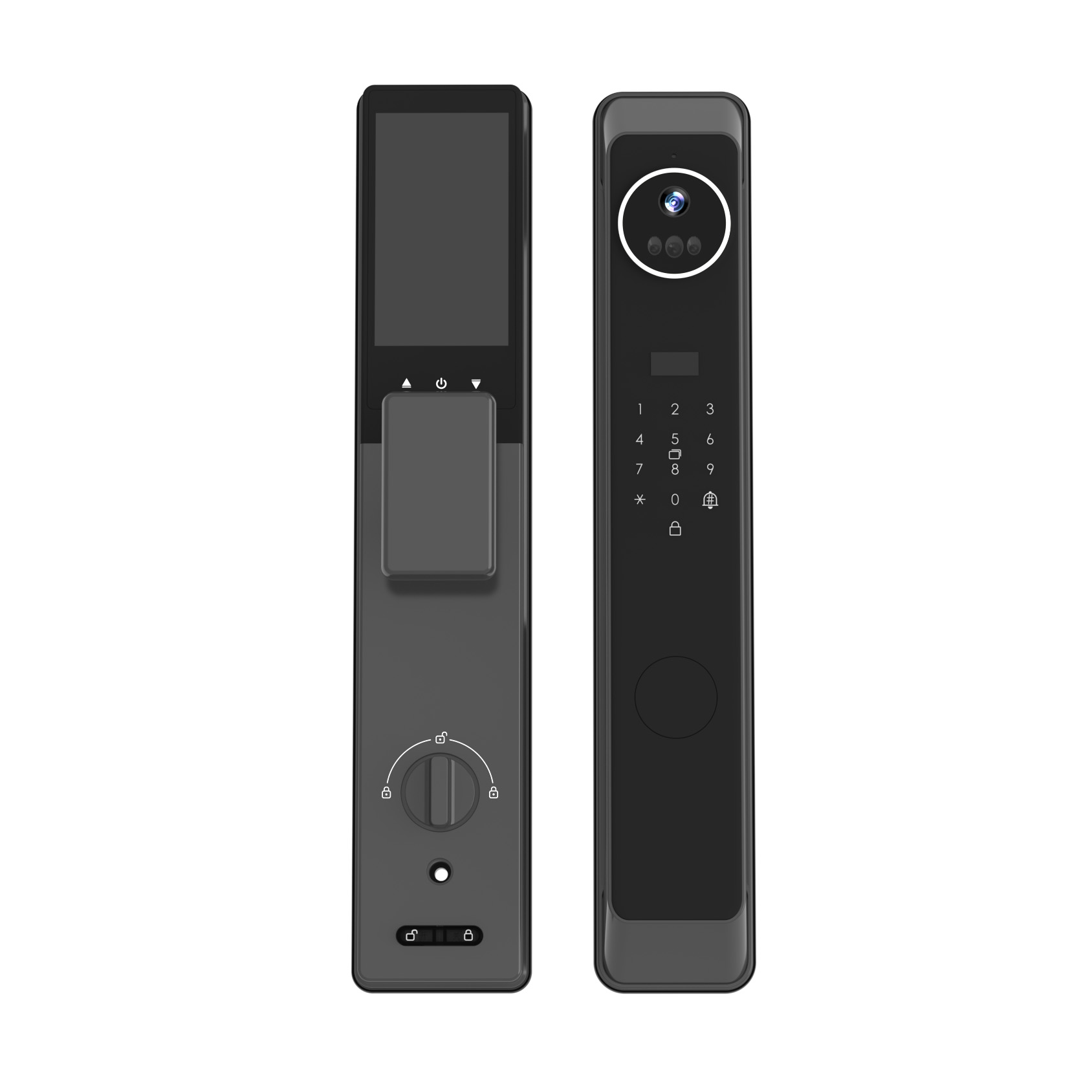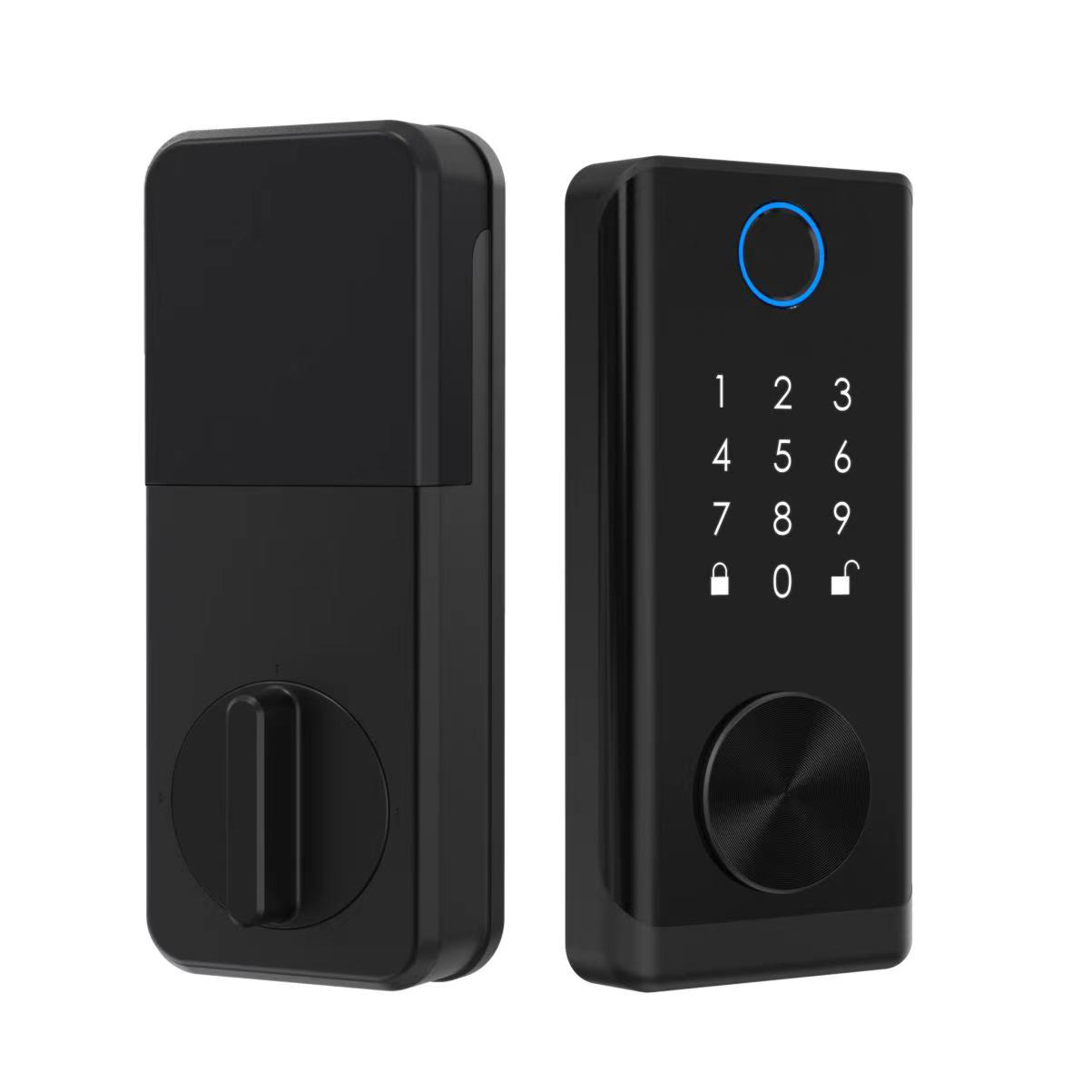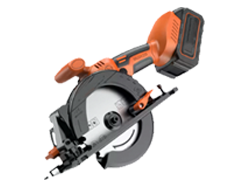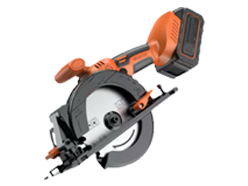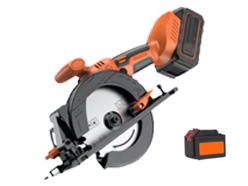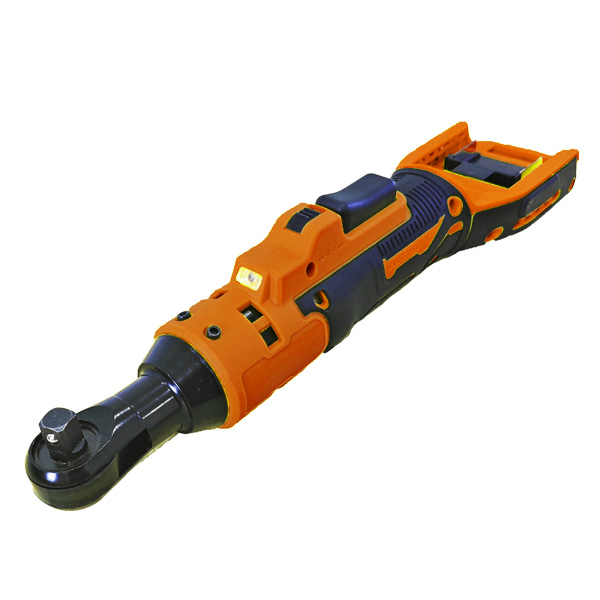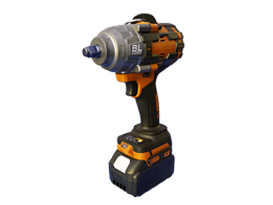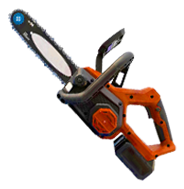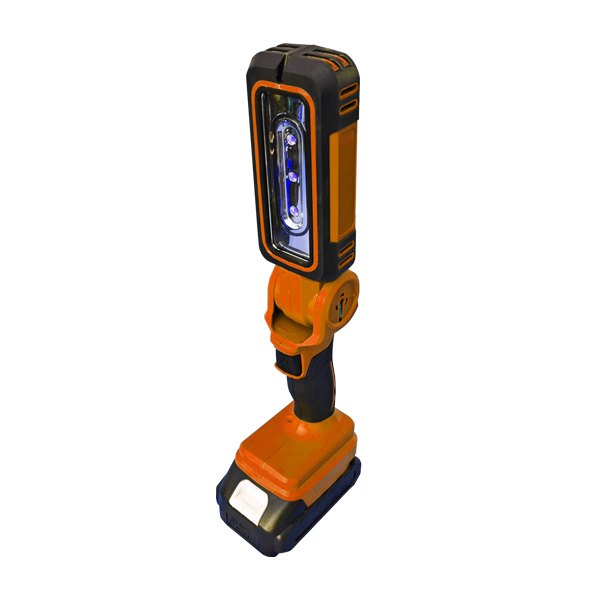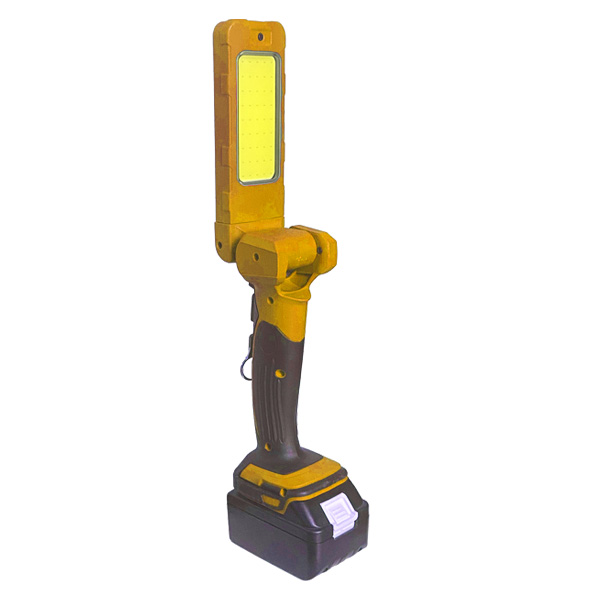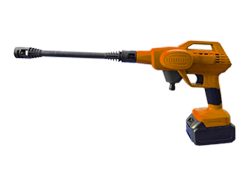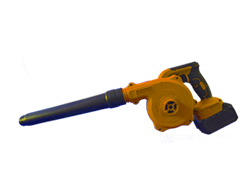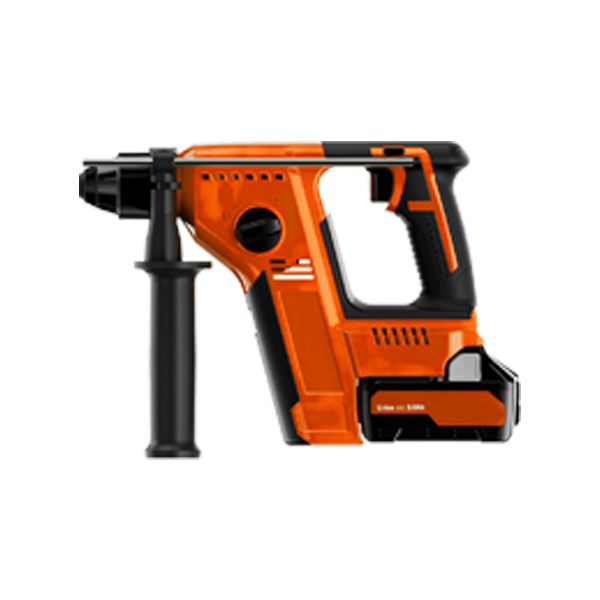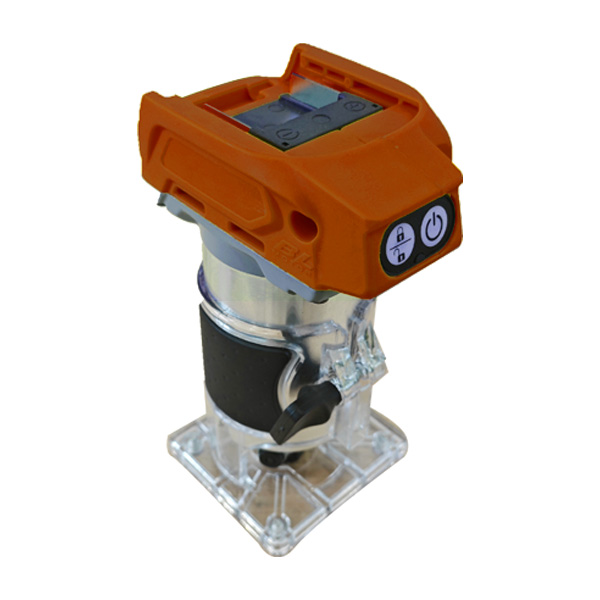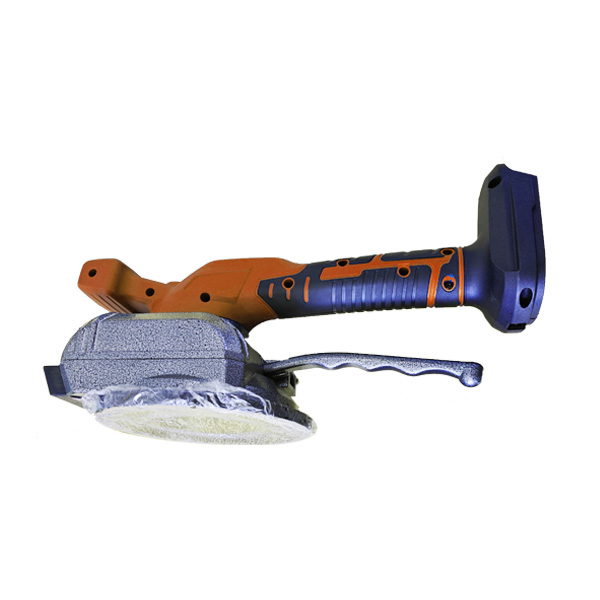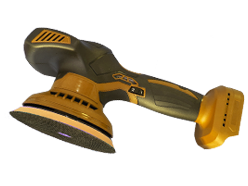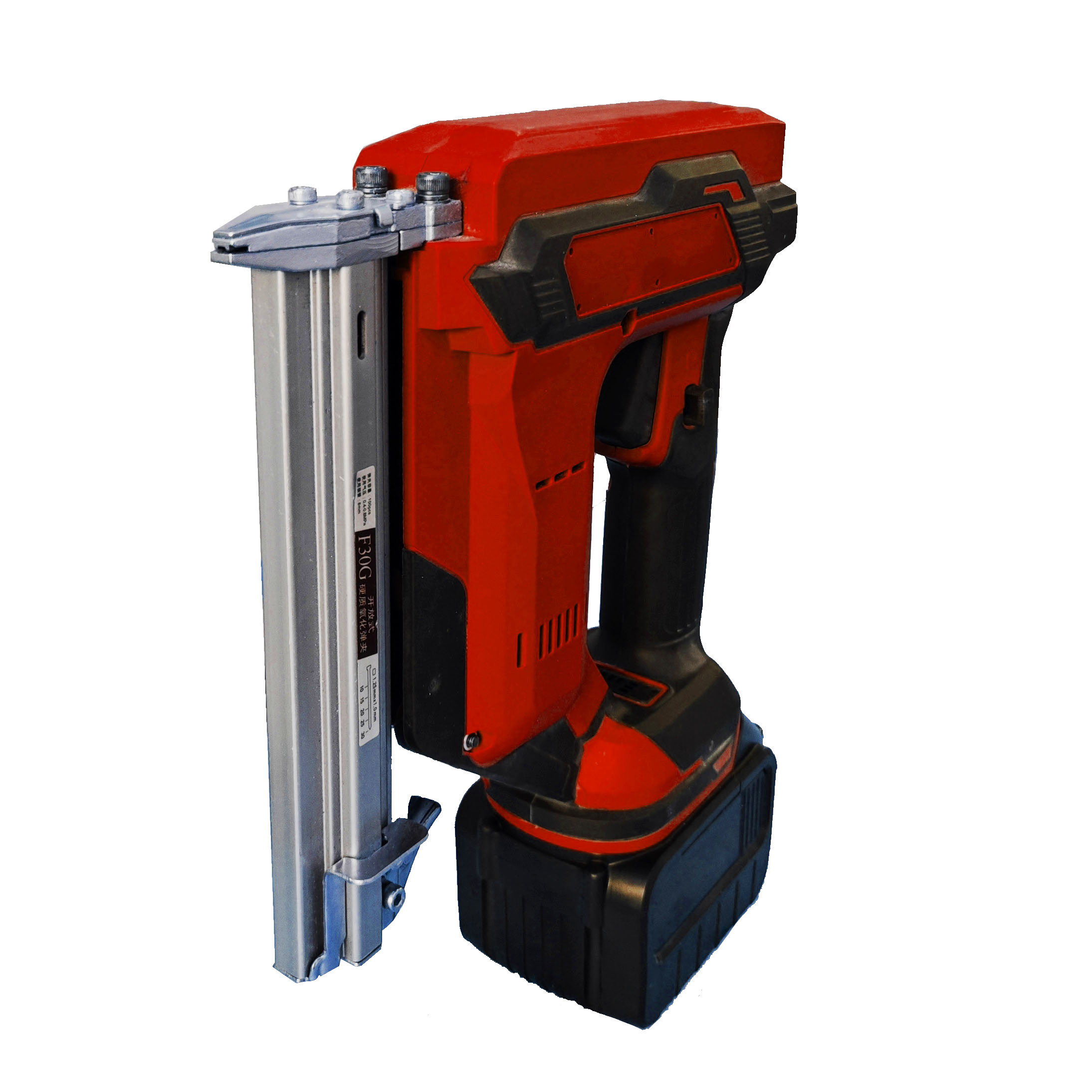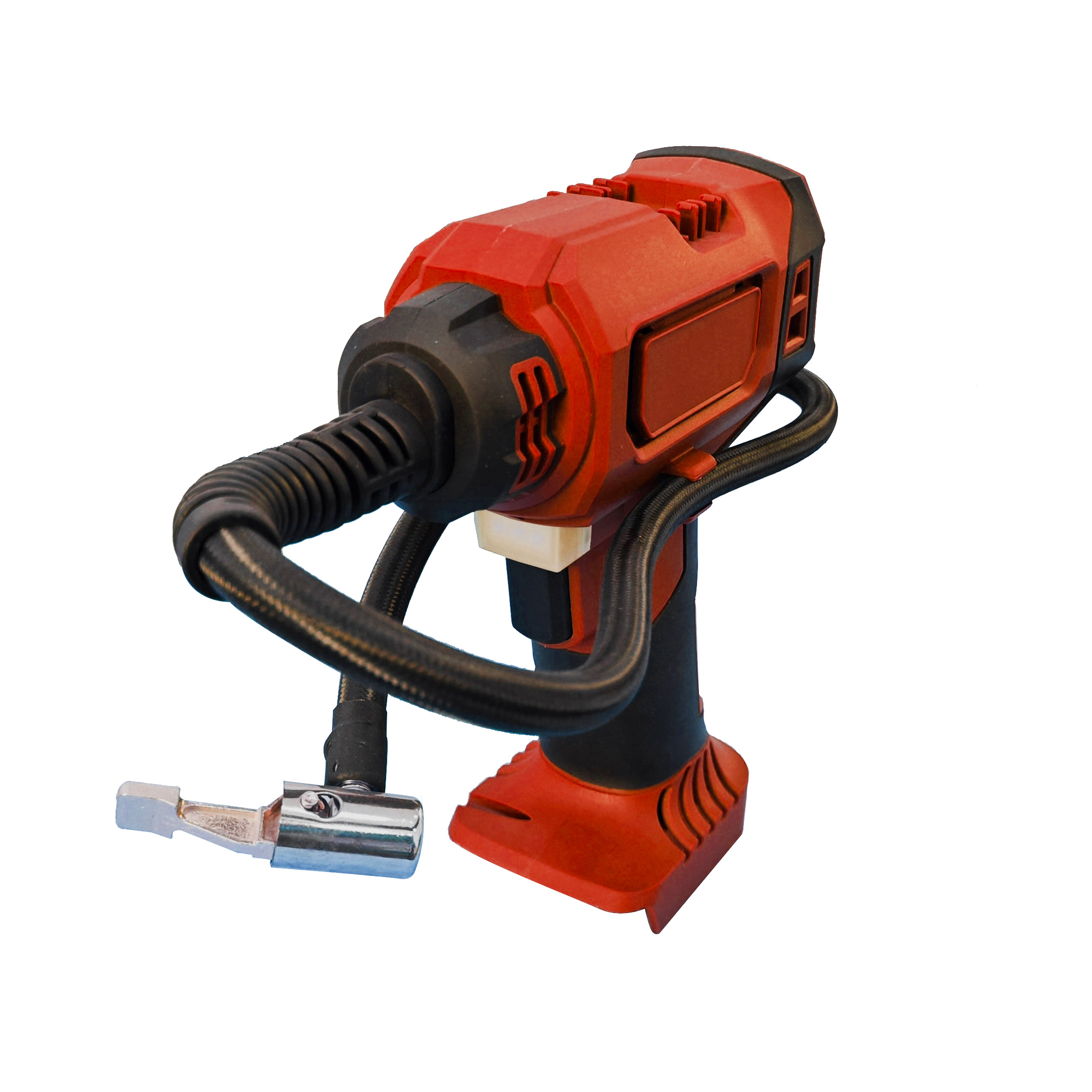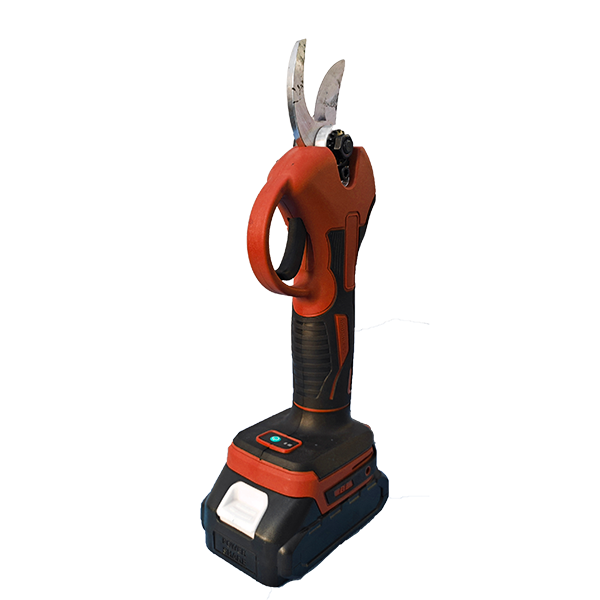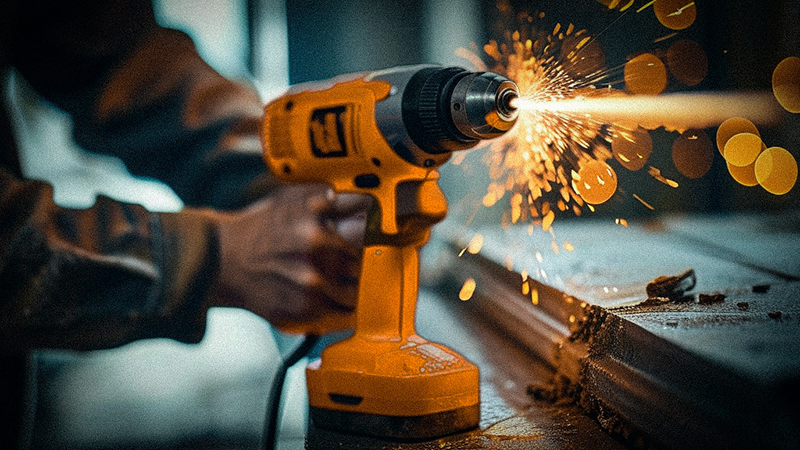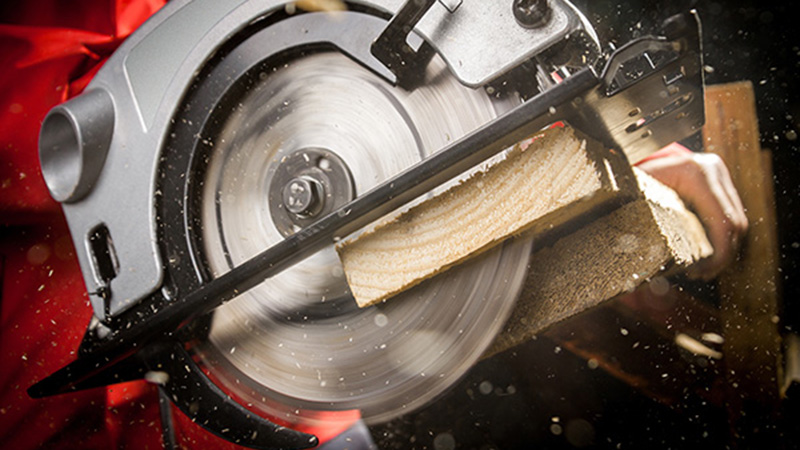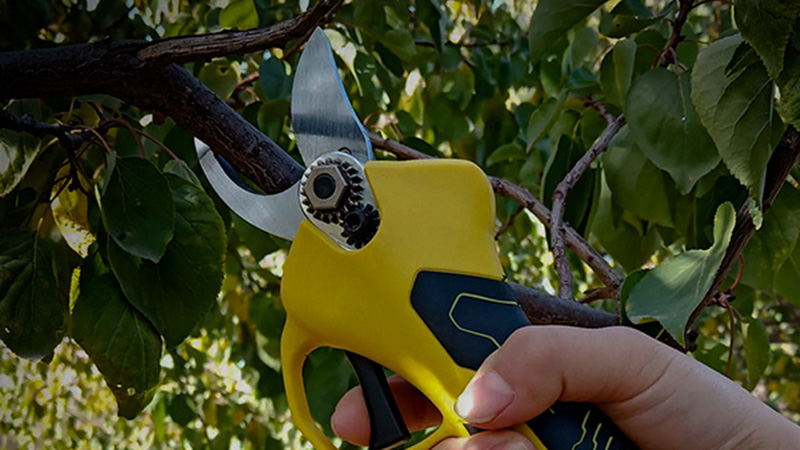Deciding on the best way to secure your door lock is a crucial decision for any homeowner. This article dives deep into the world of door locks, comparing the time-tested reliability of traditional locks with the cutting-edge convenience of smart door locks, particularly focusing on the increasingly popular fingerprint door lock. Understanding the disadvantages of door security systems and the benefits each lock type offers will empower you to make the right choice for your home. If you're wondering whether to stick with a familiar door knob or embrace the future of home security with a door lock with fingerprint, keep reading!
What Exactly is a Traditional Lock and How Does it Differ from a Smart Lock?
A traditional lock, the kind most of us grew up with, relies on a mechanical system involving a lock cylinder and a physical key. When the correct physical key is inserted, it aligns internal pins, allowing the cylinder to turn and the door unlocks. These locks are straightforward in their operation and have been a staple in home security for centuries. Traditional door locks are known for their simplicity and reliability, provided the lock system is well-maintained.
In contrast, a smart lock is an electronic door locking mechanism that goes beyond the limitations of a physical key. A fingerprint door lock, a prominent type of smart lock, uses biometric fingerprint fingerprint scan technology to grant access. Instead of inserting a key, you simply place your finger on the fingerprint scanner, and if the fingerprint recognition matches an authorized user, the door unlocks. Many smart locks also offer alternative keyless entry methods like password keypads or smartphone app control, providing enhanced security and convenience. The rise of smart technology has brought about this innovative alternative to traditional locking methods.

Fingerprint vs. Key: How Do Fingerprint Door Locks Enhance Home Security?
The fundamental difference between a traditional lock and a fingerprint door lock lies in how they verify identity. Traditional locks offer security based on the possession of a physical key. If someone has the key, they can unlock your door. This presents risks such as key duplication, loss, or theft, potentially leading to unauthorized entry.
Fingerprint door locks, on the other hand, utilize biometric authentication. Your fingerprint is unique, making it significantly harder to replicate than a physical key. This higher level of security is a major advantage. With a fingerprint lock, there’s no need to worry about lost keys or unauthorized key copies. Furthermore, some fingerprint door locks offer audit trails, recording when and by whom the door unlocks, providing an additional layer of peace of mind. This makes fingerprint locks offer a substantial enhancement to home security.
Smart Lock Convenience: Is Keyless Entry with a Smart Door Lock Truly a Game Changer?
The convenience offered by keyless entry door systems, particularly smart locks, is a significant draw for many homeowners. Imagine arriving home with your hands full – with a fingerprint door lock, you can simply touch the fingerprint scanner to unlock your door, eliminating the fumbling for keys. This security and convenience factor is a major selling point.
Beyond the ease of unlocking your door, many smart locks offer remote access capabilities. This means you can unlock your entry door for guests or delivery personnel even when you're not home. Some smart locks also integrate with other smart home devices, allowing for automated locking and unlocking based on your location or schedule. This level of automation and control makes smart locks a truly transformative addition to the modern home. The keyless nature of these systems removes the worry of misplaced or lost physical keys.
What are the Potential Disadvantages of Smart Door Locks Compared to Traditional Locks?
While smart locks offer numerous benefits, it's important to consider their potential disadvantages compared to traditional locks. One key concern is their reliance on technology. Smart locks operate using electronic components and often require a power source (batteries). If the batteries die or there's a power outage, the lock may become temporarily unusable, although many have backup key options.
Another potential disadvantage is the risk of hacking. While many smart locks incorporate robust security features like encryption, they are still susceptible to cyberattacks, albeit a less common occurrence than traditional lock picking. Furthermore, smart locks may be more complex to install and set up compared to the straightforward installation of traditional locks. Finally, the cost of smart locks is generally more expensive than traditional locks.
Cost Comparison: Are Smart Door Locks Significantly More Expensive than Traditional Locks?
Indeed, smart locks are generally more expensive than traditional locks. The cost difference reflects the advanced technology and features incorporated into smart locks, such as biometric fingerprint scanners, wifi connectivity, and smartphone integration. A basic traditional door knob can be quite affordable, whereas a fingerprint door lock or other feature-rich smart lock will typically have a higher price tag.
However, it's important to consider the long-term value. While the initial investment for a smart lock is higher, the added security features and convenience may outweigh the cost for some homeowners. The lock depends on your specific security needs and budget. While traditional locks are generally more accessible from a cost perspective, the enhanced capabilities of smart locks justify their higher price for those seeking advanced security and convenience.
Beyond Fingerprints: What Other Smart Features Do Smart Door Locks Offer?
While fingerprint recognition is a prominent feature, many smart locks offer a range of other intelligent capabilities. Many include keypad entry, allowing access via a password or PIN code, providing an alternative for guests or in situations where fingerprint access isn't ideal. Remote locking and unlocking via a smartphone app are common, enabling you to control your entry door from anywhere.
Some smart locks offer activity logs, tracking who enters and exits your home, enhancing your awareness and peace of mind. Integration with voice assistants like Amazon Alexa or Google Assistant allows for hands-free control. Temporary access codes can be generated for visitors, which expire after a set time, enhancing security. These security features like audit trails, temporary access, and remote control make smart locks a powerful tool for modern home security.
Can Smart Door Locks Integrate Seamlessly with My Existing Smart Home System?
A significant advantage of smart locks is their ability to integrate with smart home systems. This allows you to connect your digital door lock with other smart home devices and platforms, creating a more automated and interconnected home. For example, you might be able to set up routines where unlocking your smart door lock also disarms your security system and turns on your lights.
Compatibility with platforms like Amazon Alexa, Google Home, or Apple HomeKit allows you to control your smart lock using voice commands. You can also create automation rules, such as automatically locking the door at a specific time each night. This level of integration enhances both security and convenience, making your smart home experience more seamless and efficient. When choosing a lock, considering its compatibility with your existing smart home ecosystem is crucial.
Traditional Locks: Do They Still Hold Up in Today's Home Security Landscape?
Despite the rise of smart technology, traditional locks still play a significant role in home security. Their simplicity and reliability are time-tested. Well-maintained mechanical locks are resistant to electronic malfunctions and don't rely on batteries or internet connectivity. For many, the straightforward nature of a traditional lock offers a sense of security in its simplicity.
Traditional locks offer a basic level of security against forced entry, especially when using high-quality lock cylinders. While they are vulnerable to lock picking and bumping, advancements in traditional lock design have introduced features to mitigate these risks. For those seeking a cost-effective and reliable lock system without the complexities of electronic devices, traditional locks remain a viable alternative to traditional options.
Choosing a Lock: What Factors Should Influence Your Decision Between a Smart and Traditional Lock?
When choosing a lock for your entry door, several factors should influence your decision between a smart lock and a traditional lock. Your budget is a primary consideration, as smart locks are generally more affordable. Assess your security needs. If you prioritize advanced security features like biometric authentication and remote access, a smart door lock is likely the best fit for your home.
Consider your comfort level with technology. Smart locks require some technical setup and management, whereas traditional locks are straightforward. Think about the convenience you desire. Keyless entry and remote control offered by smart locks can be a major benefit. Finally, consider the aesthetic of the lock and how it complements your entry door. Ultimately, the right choice depends on your individual priorities and circumstances.
The Future of Home Security: Will Smart Locks Eventually Replace Traditional Door Locks Entirely?
The future of home security increasingly points towards the widespread adoption of smart locks. As technology continues to advance and become more affordable, the benefits of smart locks, such as enhanced security and convenience, will likely outweigh the drawbacks for many homes and businesses. The integration capabilities with other smart home devices further solidify their position as a key component of the modern home security system.
While traditional locks may not disappear entirely, they are likely to become less common in primary entry points, potentially being relegated to internal doors or less critical areas. The trend towards keyless entry and biometric authentication suggests that fingerprint door locks and other advanced smart lock technologies will play an increasingly dominant role in securing our homes and businesses. The direction indicates that smart locks and traditional locks will continue to diverge, with smart locks leading the way in innovation.
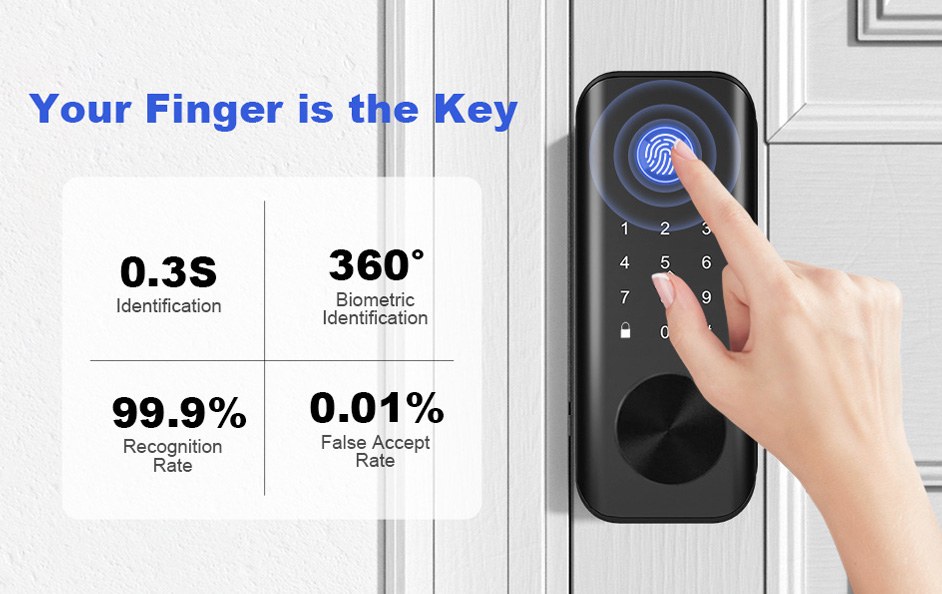
Key Differences to Remember:
- Traditional locks rely on physical keys and mechanical operation, while smart locks use electronic components and often offer keyless entry.
- Fingerprint door locks provide a higher level of security through biometric fingerprint authentication.
- Smart locks offer convenience features like remote access and integration with smart home systems.
- Traditional locks are generally more affordable, but smart locks offer advanced functionality.
- The choice for your home depends on your individual security needs, budget, and technological comfort.
Explore our range of secure and convenient smart locks, including the Custom Home Security Tuya 3D Face Smart Locks Waterproof Digital Fingerprint Door Lock\u2014Y8 and the versatile Smart Waterproof Digital Fingerprint WiFi Door Handle Code Lock with Tuya APP\u2014N12, to find the best fit for your home security. At Hornbill, we are dedicated to providing cutting-edge security solutions for your home safe.
Post time: 1 月-07-2025

